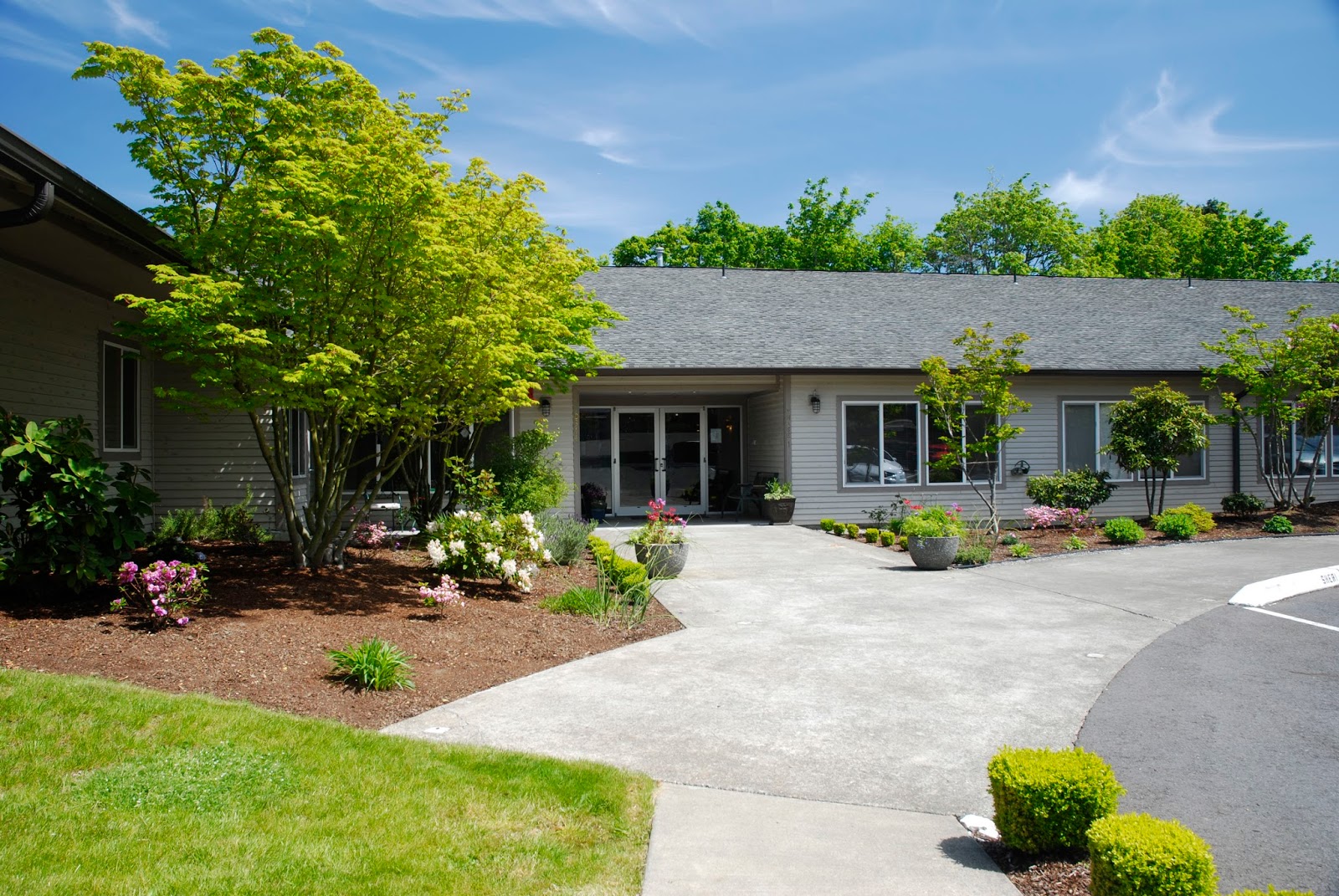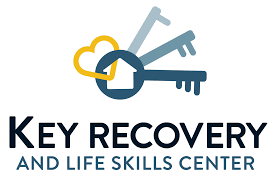Key Recovery
Overview
The Key Recovery and Life Skills Center, situated in Seattle, Washington, provides comprehensive treatment programs for individuals who are grappling with substance use disorders and co-occurring mental health issues. Their services encompass transitional housing, long-term residential treatment, and the soon-to-be-launched Intensive Outpatient Programs (IOP), which offer clients the flexibility to maintain daily obligations while receiving ongoing support. The center is dedicated to the implementation of trauma-informed and evidence-based practices, with a particular focus on the development of life and employment skills to facilitate the reintegration of clients into society. Recovery housing, case management, and group and individualized counseling are among the specialized services.
Key Recovery is committed to offering a comprehensive approach that addresses the physical and emotional components of addiction recovery, thereby concentrating on the entire individual. Their long-term residential program provides a structured environment that encourages personal development, with clients receiving ongoing support and supervision to establish more stable relationships. In addition, Key Recovery emphasizes the importance of reintegration into the workforce by providing employment skills training in a variety of industries, including culinary, maintenance, and logistics. This ensures that clients have the necessary resources to sustain long-term recovery.
Their life skills program is intended to assist clients in the acquisition of practical skills, including financial management, digital literacy, and household management, which serve as a firm foundation for independent living. The center provides transitional housing through its Recovery House program, in addition to the core residential treatment program. This program provides clients with additional support in a community setting, while they continue to receive counseling, skill-building, and assistance with educational and employment opportunities.
Key Recovery, which is accredited and staffed by experienced professionals, is inclusive of all individuals, irrespective of their gender, race, or heritage. The center is committed to assisting individuals in the process of healing from trauma, rebuilding their lives, and establishing meaningful connections that facilitate their ongoing recovery journey. For additional details, please refer to [Key Recovery](https://www.keyrecovery.org/).
Key Recovery at a Glance
Payment Options
- Private health insurance
- Cash or self-payment
Assessments
- Comprehensive mental health assessment
- Comprehensive substance use assessment
Age Groups
- Adults
Operation
- State government
Treatment At Key Recovery

Conditions Treated
Mental health treatment:
Mental health facilities offer a safe space for individuals to get specialized care. Trained experts create personal plans using therapies, possibly including medication. The goal is to help individuals cope better and lead fulfilling lives, with constant support and a community feel.
Substance use treatment:
Substance use rehabilitation embodies a holistic treatment approach crafted to assist individuals contending with drug or alcohol addiction. This all-encompassing rehabilitation strategy encompasses two crucial components: initially addressing the physical dependency, frequently commencing with detoxification, and subsequently confronting the psychological triggers through a diverse array of therapeutic methods. The overarching objective is to empower individuals to achieve and maintain sobriety while equipping them with essential skills and coping mechanisms for a successful reintegration into society and a life free from substance abuse.
Co-occurring Disorders:
Dual-diagnosis rehabilitation centers specialize in the treatment of individuals who suffer from a co-occurring mental health disorder and a substance use disorder. This complex interplay between addiction and mental health can make recovery more challenging, as each condition may exacerbate the symptoms of the other. Dual-diagnosis rehabilitation centers offer an integrated approach that addresses both issues simultaneously and often includes a comprehensive assessment for an Integrated Treatment Approach through Holistic Therapies, including family therapy and aftercare treatment.

Levels Of Care
Aftercare:
Aftercare treatment refers to the continued support and care that individuals receive following the completion of their primary treatment program for substance abuse or addiction. This phase aims to aid individuals in maintaining their sobriety, improving personal skills and coping strategies, and integrating back into society. Aftercare can include ongoing therapy, support group meetings, education, and monitoring, which are crucial for preventing relapse and promoting long-term recovery. Through a combination of community support, accountability, and personal development, aftercare provides a structured pathway for individuals to continue their recovery journey in a supportive environment.
Hospital inpatient treatment:
Inpatient treatment involves a comprehensive residential therapeutic program where patients stay on-site for a duration typically ranging from 30 to 90 days. This immersive environment offers structured support, ensuring safety and a focus on recovery. Therapies provided include individual and group counseling, cognitive-behavioral therapy, holistic treatments, family therapy sessions, and experiential therapies. The aim is to address addiction or mental health disorders' physical, emotional, and psychological aspects, laying a robust foundation for sustained healing.

Treatment Modalities
Group counseling:
Group Therapy is a therapeutic space where individuals battling addiction come together to share experiences, gain insights, and support one another on their journey to recovery. Facilitated by trained professionals, this setting fosters communal healing and empowers participants to overcome the challenges of addiction through collective strength and understanding.
Family counseling:
Family Counseling is a therapeutic approach that seeks to address and improve communication, understanding, and dynamics within a family unit. By addressing conflicts, emotional distress, and behavioral challenges, a trained therapist provides guidance and tools for family members to strengthen bonds, resolve issues, and foster a healthier family environment.
Life Skills:
Life skills training encompasses essential skills for individuals to navigate daily challenges successfully. This training includes time management, career guidance, money management, and effective communication, which are crucial for holistic addiction recovery. By mastering these skills, individuals are not only able to live substance-free but also thrive. Life skills training thus provides the practical tools for functional living in society, setting clients on a path toward lasting sobriety and success in life.
Contact Information
DISCLAIMER: The facility name, logo and brand are the property and registered trademarks of Key Recovery, and are being used for identification and informational purposes only. Use of these names, logos and brands shall not imply endorsement. BetterAddictionCare.com is not affiliated with or sponsored by Key Recovery.


